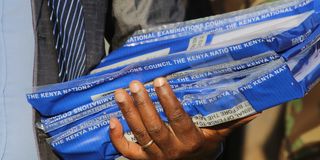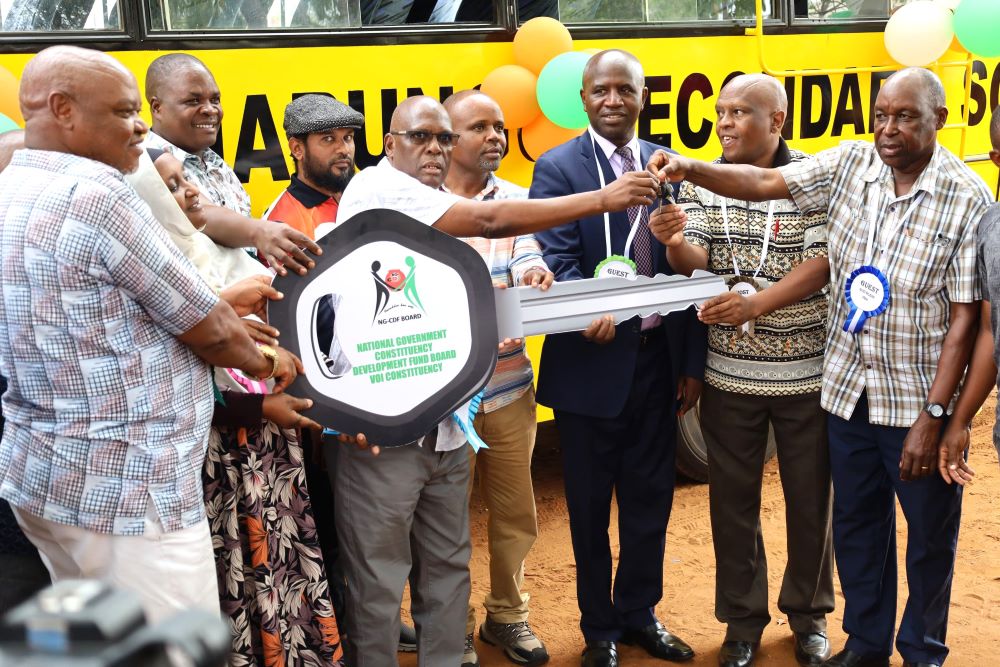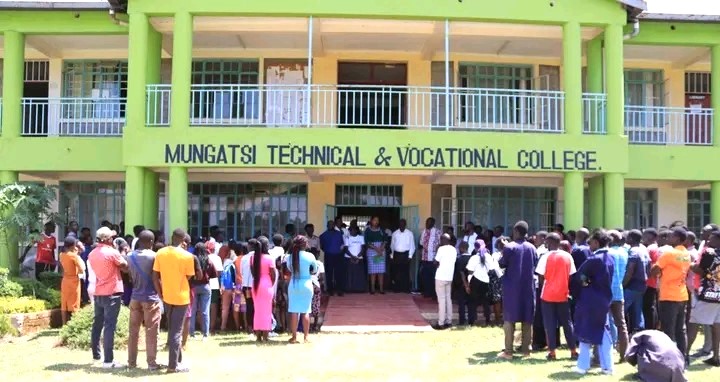Across Kenya, the examination season has kicked off in earnest. From the Kenya Primary School Education Assessment (KPSEA) to the Kenya Junior Secondary Education Assessment (KJSEA) and the Kenya Certificate of Secondary Education (KCSE), candidates are deep in rehearsals, anxiously preparing for the defining moment of their academic journeys. In every school compound, the air is thick with anticipation, prayer and hope. Teachers are giving last-minute guidance, parents are praying fervently, and candidates are polishing up their weak areas. Yet, amid this national exercise of evaluation, a shadow often looms – that of examination malpractices.
Examinations, by design, are meant to measure not only knowledge but also discipline, resilience, and honesty. They are a mirror reflecting years of effort, sacrifice, and perseverance. Unfortunately, the temptation to take shortcuts has increasingly corrupted this noble process. In many quarters, unethical individuals – ranging from teachers, invigilators, and parents to candidates themselves – have been drawn into a web of cheating. The vice has become so entrenched that in some cases, examinations are leaked even before the candidates step into the examination room. It is a shame that threatens to erode the moral and intellectual foundations of our nation.
The Kenya National Examinations Council (KNEC) and the Ministry of Education have repeatedly emphasized integrity, warning that any form of malpractice will not be tolerated. However, the battle against exam dishonesty cannot be won through threats and arrests alone. It must be a collective moral commitment by all stakeholders – learners, teachers, parents and the community. This is why, as rehearsals continue and final preparations take shape, the call to uphold integrity must be louder than ever.
The effects of stolen exams are far-reaching and catastrophic – far worse than the explosion of an atomic bomb. While the comparison may seem exaggerated, it is deeply symbolic. An atomic bomb destroys physical structures; it kills instantly, leaving cities in ashes. But stolen exams destroy the moral fiber of a society. They kill integrity, trust and merit. They produce generations of dishonest individuals who rise to positions of leadership and responsibility without the competence or ethical grounding to perform. The destruction from this moral decay lasts for decades, if not generations.
ALSO READ:
Tragic as ECDE teacher killed in sudden lightning strike in West Pokot
When a student cheats in an examination, they may gain an undeserved grade, but they lose something priceless – character. When a teacher colludes to leak papers, they betray their calling and corrupt the very institution meant to shape the minds of the young. When a parent encourages or finances malpractice, they rob their child of the value of hard work. In the end, what emerges is a nation of impostors – people occupying positions they did not earn, professionals who cannot perform, leaders without credibility and citizens who believe success can be bought or stolen.
The consequence of such moral erosion is national decay. Imagine a doctor who cheated through medical school – what becomes of the patients? Or an engineer who passed through dishonest means – what happens to the bridges and buildings he designs? Or a teacher who cheated their way through college – how can they nurture honesty in their students? The cycle of deception becomes self-perpetuating. The ripple effects of examination malpractice touch every sector of society, just as radiation from an atomic bomb contaminates everything it touches.
Examination integrity is not merely an educational concern; it is a national value. Kenya’s development goals – from Vision 2030 to the Competency-Based Curriculum (CBC) – rest on the foundation of trust and meritocracy. Without honest assessment, the CBC dream of producing competent, creative, and ethical citizens will collapse. True competence cannot be forged in dishonesty. A country’s future is only as strong as the character of its youth, and that character is tested most severely during examinations.
As rehearsals take place across the nation, every school must make integrity its anthem. Teachers should remind learners that success achieved through hard work carries dignity, pride and permanence. Headteachers and principals must ensure that examination rooms remain sanctuaries of honesty, free from the corruption of leaks and collusion. Parents should resist the urge to “help” their children through bribery or unauthorized materials. Invigilators and supervisors must recognize that they are not just guarding papers – they are guarding the soul of the nation.
ALSO READ:
Kaimosi Poly sets ground for grand graduation ceremony next week
The government, too, must strengthen monitoring systems, use technology to seal loopholes, and ensure that any individual caught engaging in malpractice faces the full force of the law. However, laws alone are not enough. The fight must begin within the conscience of every Kenyan. Each of us must internalize the belief that genuine success cannot be stolen – it must be earned.
Let us, therefore, make this examination season not only a test of knowledge but also a test of integrity. Let our candidates walk into those examination rooms with confidence, knowing that what they will write is a reflection of their own effort and understanding. Let parents cheer them on with honesty, and let teachers celebrate the process, not just the grades.
History will not remember the marks scored in a single year, but it will remember the values we upheld. Kenya’s progress will not be built by those who passed through fraud, but by those who believed in the sweat of their brow. Let us, therefore, choose integrity over shortcuts, honesty over deception and effort over fraud.
Indeed, stolen exams are worse than an atomic bomb – because while the bomb destroys the body, dishonesty destroys the soul of a nation. The future of Kenya depends not just on how well our learners write their exams, but on how truthfully they do so. As the examination bells ring across the country, may integrity be the loudest sound heard in every classroom.
Ashford Kimani
Ashford teaches English and Literature in Gatundu North Sub-county and serves as Dean of Studies.
You can also follow our social media pages on Twitter: Education News KE and Facebook: Education News Newspaper for timely updates.
>>> Click here to stay up-to-date with trending regional stories
>>> Click here to read more informed opinions on the country’s education landscape






